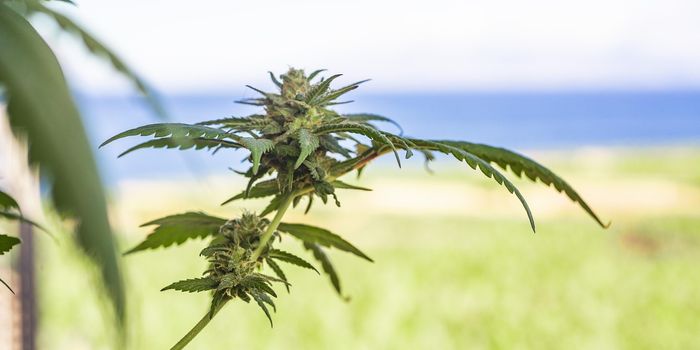Cannabis Linked with PTSD Relief
Data from a new Canadian survey suggest that cannabis use can be beneficial for people with post-traumatic stress disorder (PTSD), a psychiatric disorder that affects nearly 10 percent of Canada’s population.
The American Psychiatric Association defines PTSD as “a psychiatric disorder that can occur in people who have experienced or witnessed a traumatic event such as a natural disaster, a serious accident, a terrorist act, war/combat, rape or other violent personal assault.” Symptoms of PTSD can begin anywhere from three months of the incident to years after. A specialist in mental illness will diagnose PTSD by looking for symptoms of “re-experiencing,” “avoidance,” “arousal and reactivity,” cognition, and mood.
Despite the considerable number of Canadians with PTSD, the therapeutic options are few and far between. As PTSD patients are on average more likely to struggle with depression, suicidal thoughts, and substance abuse, it is reasonable to understand why many turned to cannabis for a solution.
Researchers led an analysis of health survey data collected by Statistics Canada in a 2012 survey focusing on community and mental health. Data was collected from more than 24,000 Canadians ages 15 and older. Of those that responded, 420 participants reported a current clinical diagnosis of PTSD.
Nearly one-third (28.2%) of survey respondents reported using cannabis within the past year, a number almost three times the amount of people reporting the same cannabis use but without a PTSD diagnosis. For those respondents with PTSD but not reporting cannabis use, they were about seven times more likely to have experienced a recent major depressive episode and 4.7 times more likely to have thoughts of suicide compared with other respondents without PTSD who also did not use cannabis. This association was not linked to PTSD patients using cannabis.
“This is the first time that results from a nationally representative survey have shown the potential benefits of treating the disorder with cannabis,” explained lead author Stephanie Lake.
While the study does not make claims on how cannabis use may reduce the link between PTSD, depressive episodes, and suicidal thoughts, the results mark the beginning of a new approach to PTSD therapy. The data from the survey in this study highlight new avenues of research for cannabis science and mental health.
Sources: University of British Columbia, Journal of Psychopharmacology, National Institute of Mental Health








